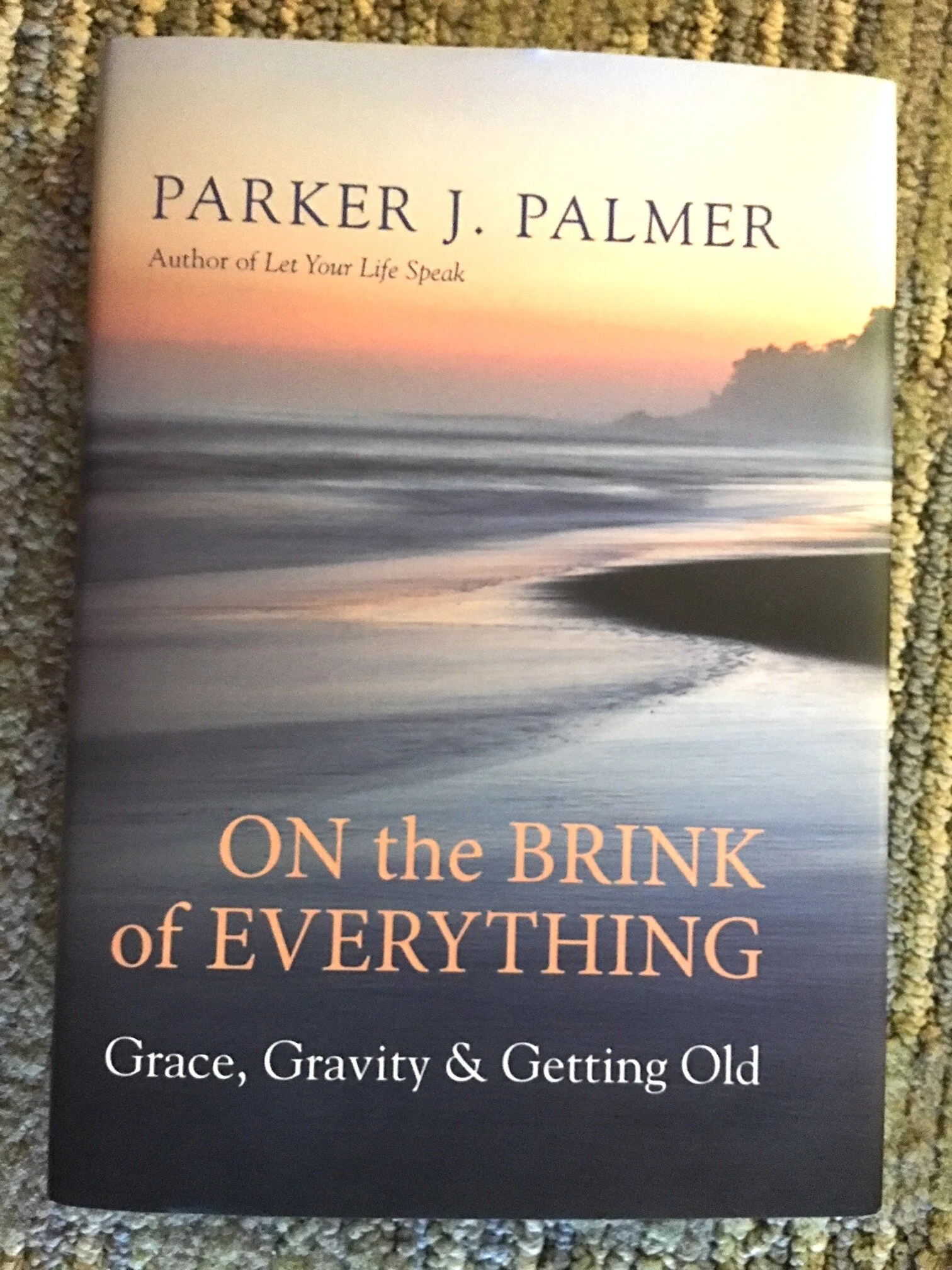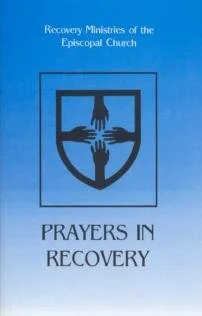“Violence is what happens when we don’t know what else to do with our suffering.” —Parker Palmer in On the Brink of Everything: Grace, Gravity & Getting Old (Berrett-Koehler Publishers, Inc., 2018), p. 48.
I am not even one quarter the way through this recent book by Parker Palmer and already have underlined most of what I have read. I am especially moved by this quote about violence from Parker’s commencement address to the class of 2015 at Naropa University in Boulder, Colorado.
We daily see this in our lives. Violence comes from accumulated suffering that we and generations before us can no longer bear. Violence is grief that cannot find any other outlet or transformation. Maybe some have just inherited this way to respond to grief. Violence is grief over the loss of identity, loss of what we think may be ours, loss over loved ones, loss of land, loss of life’s work, loss of the rights that others have, loss of food and shelter, loss of love.
Grief is a powerful energy. I know it best in working with people in a grief recovery group, Walking the Mourner’s Path. Grief saps us of all energy. We at times become paralyzed. When we are grieving, we can become violent toward others, blaming them for the loss of our loved one. We can become violent to ourselves, growing bitter, seeing ourselves as victims.
There is hope, great hope.
I have seen this enormous energy turn into something other than violence. As we listen to the stories of others who are suffering, this impulse can be transformed into empathy and love. When suffering moves away from its own pain and reaches out to the pain of others, it can become compassion. Compassion leads to nonviolent ways to move through the suffering, especially in community.
Suffering may not be the only factor in violence, but it can help to look at violence in ourselves and in the world to see what part suffering plays in these interactions. This involves looking at what must be going on in ourselves and others, showing compassion whenever violence raises its ugly head.
Our faith stories teach us that finding love and compassion out of suffering can lead to a resurrection experience.
Joanna joannaseibert.com





